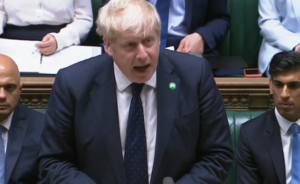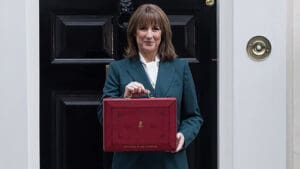On 7 September 2021, the UK Government announced an increase of 1.25% in national insurance contributions and a 1.25% increase in dividend tax. These are the highlights:
Both taxes are effective from April 2022;
With effect from April 2023, the national insurance increase will be replaced by a separate tax (also in income and to be called the “health and social care levy”) calculated in the same way as national insurance and shown as a separate line item on payslips;
the UK Government hopes to raise about £12 billion from the increase to national insurance and a further £600 million from the increase to the dividend rates;
In England, revenue raised from these two tax increases is to be used to fund social care to support NHS England to catch up on its backlog in care caused by the Covid-19 pandemic.
The impact of this increase for Wales is that the Welsh Government will receive an additional £700 million. The Welsh Government has not yet indicated how it will use the increase in revenue.
Businesses and business owners will be digesting this news and considering the impact. An increase in the rate of national insurance pushes up the cost of employing people. Businesses looking to re-employ staff, possibly expand or even just keep afloat after the Covid-19 pandemic are now faced with profit-reducing costs. Does this mean that businesses will again look to the freelancing community to find the skills they need? And does the gig economy now expand further with more reliance being placed on zero-hours contracts?
But will a freelancer or contractor take on this work if they are working through their own personal services company? Likely only if the off-payroll rules under IR35 do not apply. Because why would a freelancer want to pay the increased national insurance rate (if their contract falls into deemed employment) as well as the increased dividend tax when it comes to taking the profit out of their company?
There can be no dispute that taxes have to increase. Government spending during the pandemic means that the country’s coffers must be replenished. Businesses, though, will be forgiven for thinking that they are once again at the sharp end of the stick in taking a lot of the pain. Companies once again find themselves stuck in the middle of an old tension between securing skills at a reasonable rate and running a profitable business. Remember too that this comes hot on the heels, for some businesses, of a time where no help was available during the pandemic. I am thinking here of sole traders and the self-employed.
It is also unlikely that these are the last of the tax rises to come this year. The Autumn Budget has been set for 27 October 2021, and the Treasury has requested representations to be made before 30 September. The big question is whether now is the time to start recouping the Covid-19 spending or should the focus be on recovery? The Autumn Budget will give us the answer.
Read more:
Stuck in the middle – Is where businesses find themselves following the NI & dividend tax increases?















